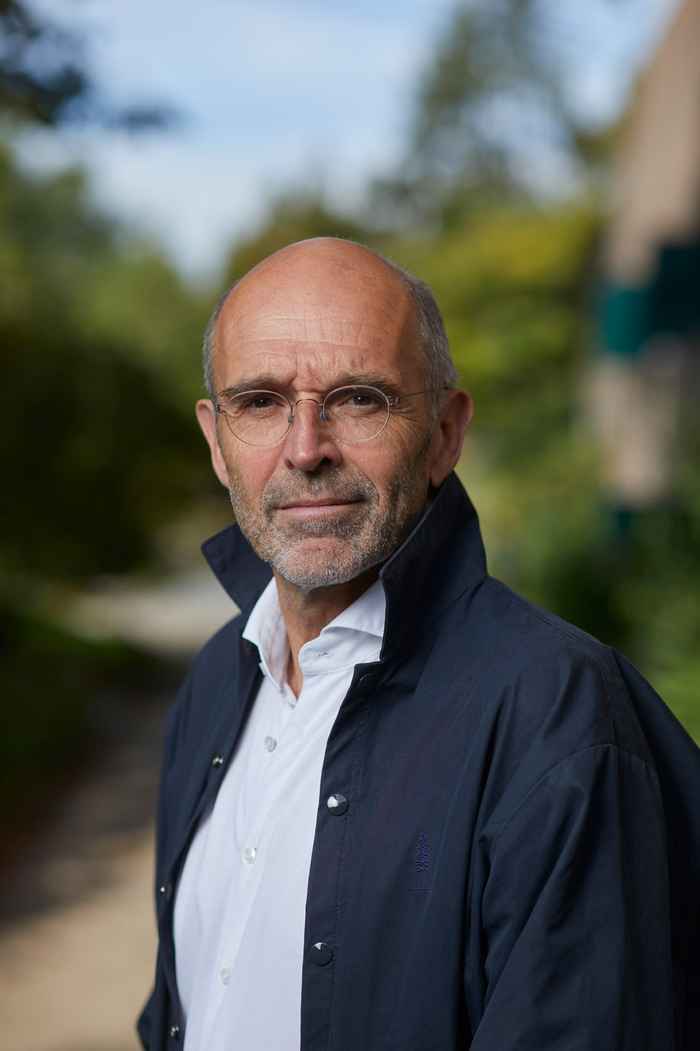Keynote lecture Maarten Hajer
Utopianism and the Drama of Environmental Politics

Maarten Hajer
Utopianism and the Drama of Environmental Politics
Over the past 50 years, environmental politics has operated based on the premise of a vulnerable planet, an interconnected system to be addressed using technocratic expertise.
The Lack of Alternative Future Discourse
In this conception, the future consistently features consistently as a warning. Prophecies of doom, of imagined and expected degradation, act as the primary motivator for a politics of environmental transformation. This is not just a rhetorical theme but also an epistemic configuration that structures environmental politics – from the Limits to Growth report to the more recent ‘planetary boundaries’ concept. It has animated both the discourse and the dramaturgical regime of environmental politics.
Strikingly, environmental politics lacks a debate on alterative futures while images of aspirational futures may be necessary for the major cultural shifts implicated by the environmental crises.
Towards Utopian Environmental Politics
Hajer argues for more utopian environmental politics, with more aspirational and democratic conceptions of the future that will open up political space for alternative discourses and interests. Drawing on discourse and dramaturgical analysis, he argues that such utopian environmental politics requires a reappreciation of which political stages and what forms of political expression matter and why.
After his lecture, Maarten will have a conversation with Dr. Karen Paiva Henrique, Assistant Professor in Governance and Inclusive Development at the AISSR.
About Maarten Hajer
Maarten Hajer (1962) graduated in Political Science and in Urban & Regional Planning at UvA, received his doctorate in Politics (with geographer David Harvey as thesis supervisor) from Oxford University and subsequently taught sociology in Munich with Ulrich Beck to then become professor of Public Policy at UvA.
After a spell in government leading PBL, the Netherlands Environment Assessment Agency, he moved to Utrecht University in 2015 where he is now distinguished professor Urban Futures and Director of the Urban Futures Studio.